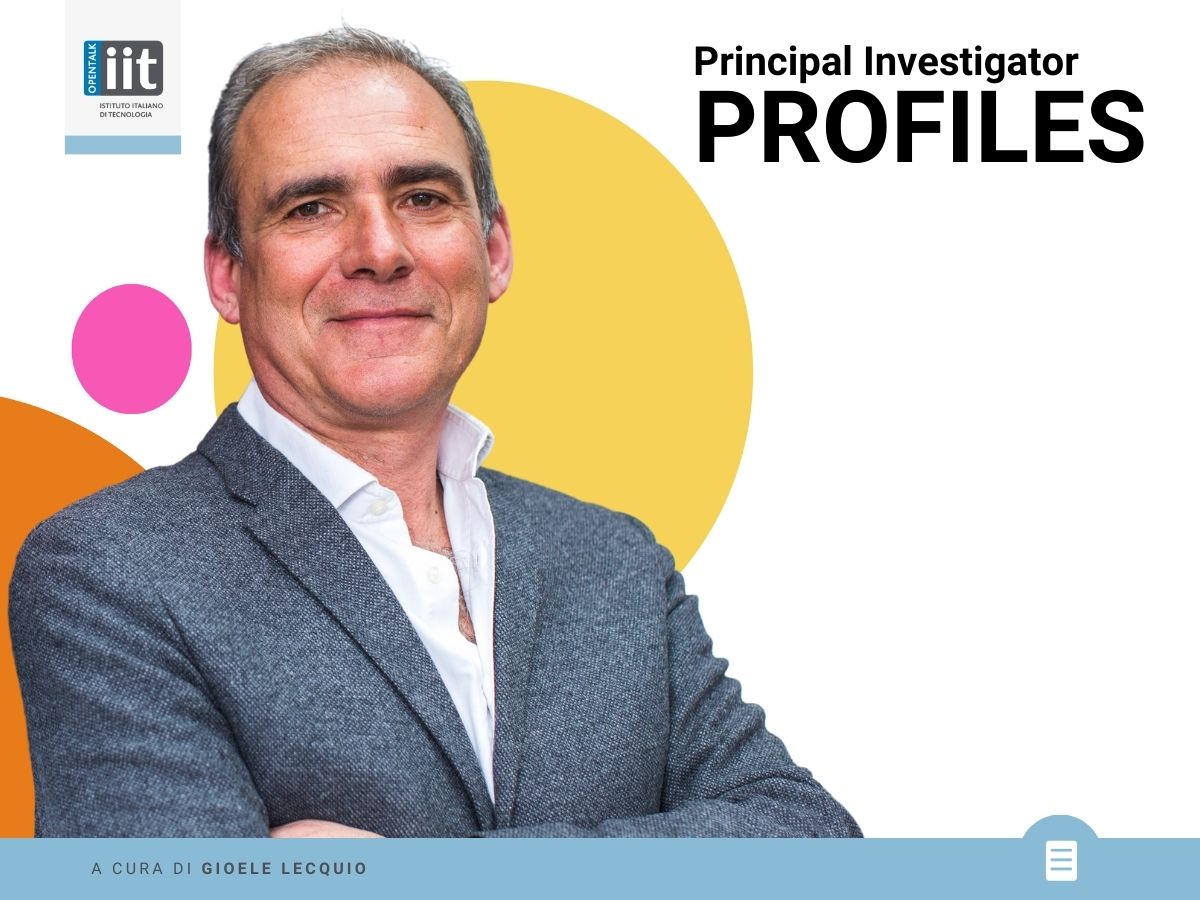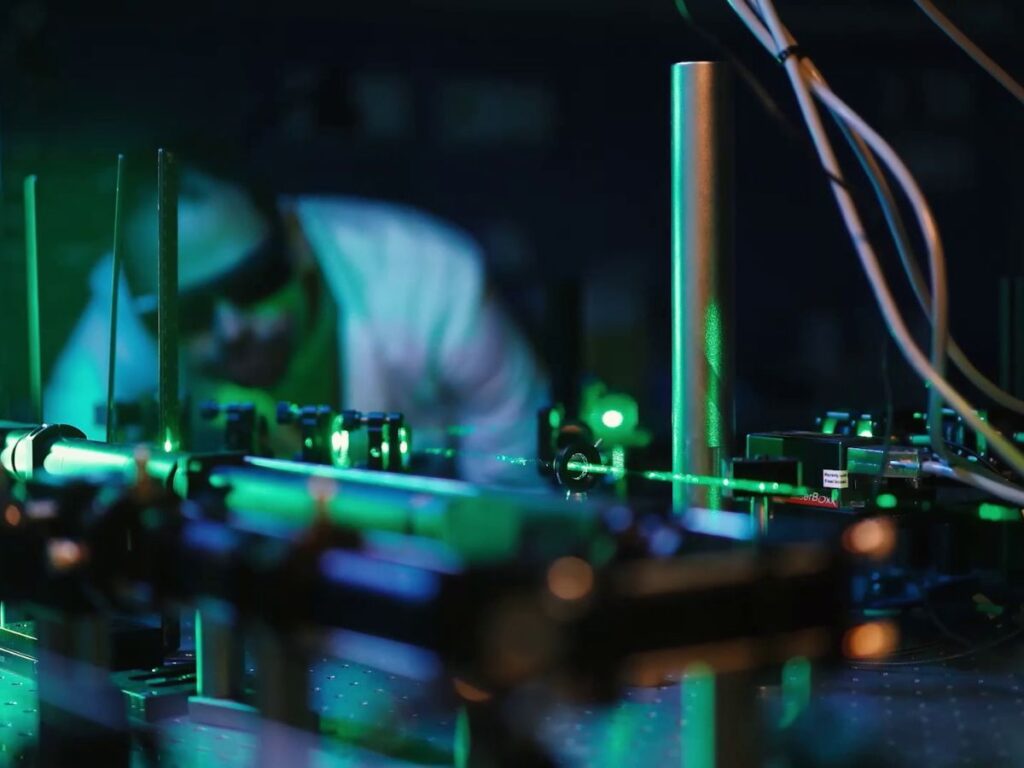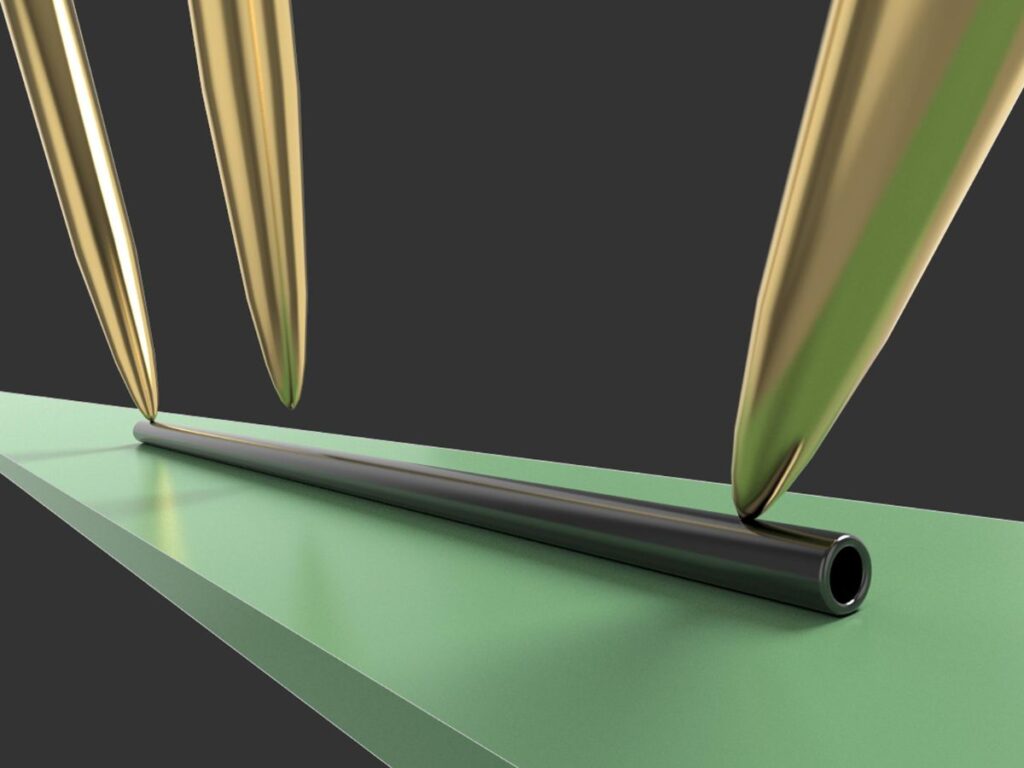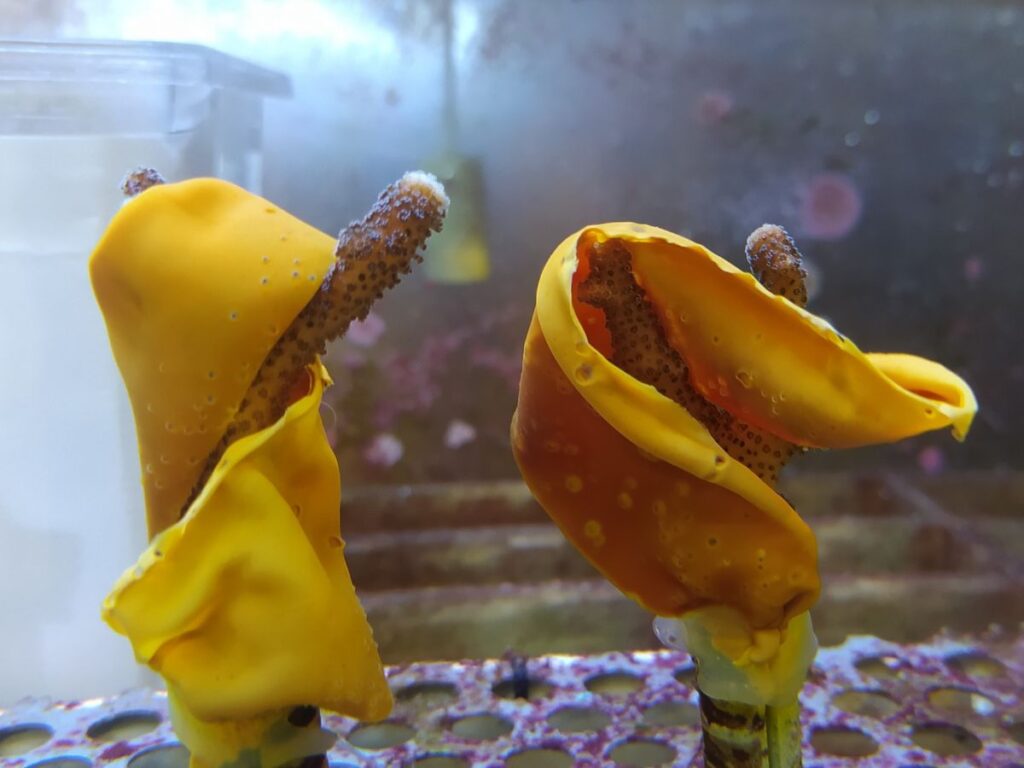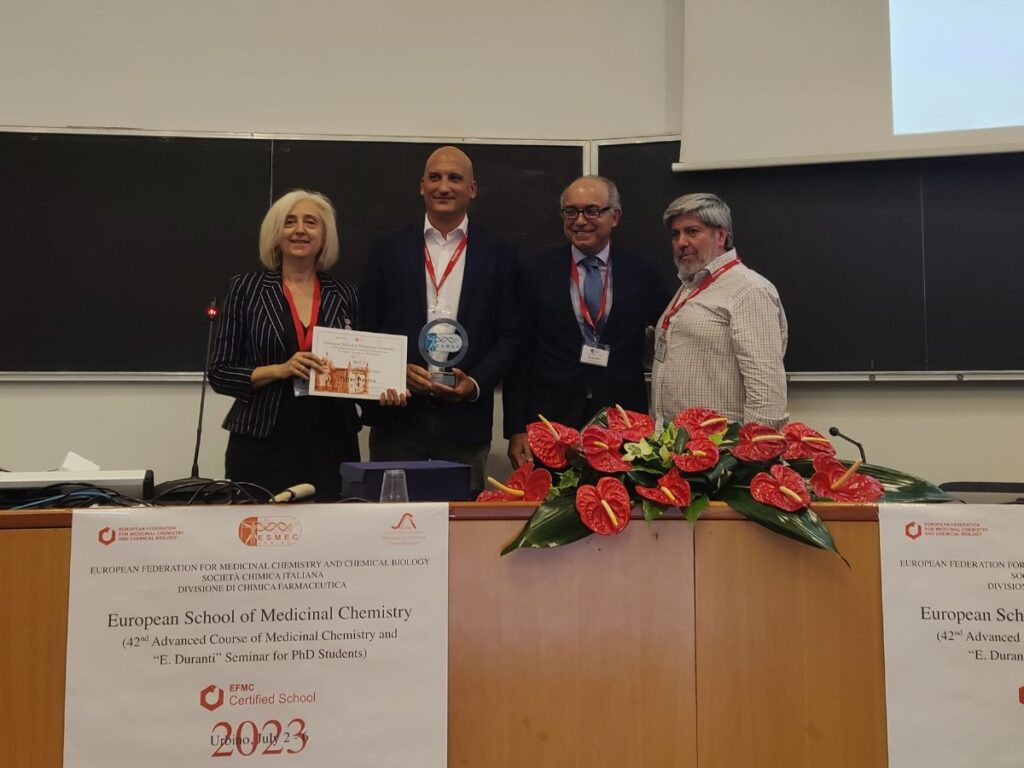Interview with Paolo Netti, Coordinator of the IIT Center for Advanced Biomaterials for Healthcare
Name: Paolo
Surname: Netti
Place of birth: Bari (Italy)
Role: PI Bio-Logic Materials, Coordinator of the Center for Advanced Biomaterials for Healthcare
What does your research team do?
My research team works on bio-hybrid materials that encode logic of biology within synthetic materials. For precisely this reason, my group is called Bio-Logic Materials that are at the interface between the manufactured (synthetic) world with the created (biological) world.
When you were younger, was this the job you had in mind?
I would like to be able to say that when I was a child, I used to take toys apart to understand them, but I actually had something of an aversion to studying. However, I always liked to fantasise about new things, a quality that I rediscovered in research because it makes it possible to invent and imagine new scenarios.
If you hadn’t taken this career path, what job would you have liked to have?
Initially I wanted to take an MBA (Master in Business Administration). I was convinced that combining macroeconomics with technical engineering knowledge would be a good preparation for the world of work. However, my BSc thesis professor convinced me to do a year of research and from there I decided to take a PhD. I think that performing research is not only about studying to increase the heritage of knowledge, but also inventing and proposing innovative ideas that could have an impact on the economy. From this point of view, I think that I have reconciled my desire to combine macroeconomics with research.
Was there ever a time that you wanted to give up and do something else?
The most frustrating period of my life was during my PhD, when I would waste days and weeks trying to obtain results. However, I believe that frustration is part of our job as researchers because you do things that nobody has ever done before, so it is very easy to make mistakes. The important thing is to realise this fact and never give up.
“Publish or perish.” How does the pressure to publish influence your days and your professional choices?
The pressure to publish is constantly present. Accepting our system of assessment means automatically accepting the “Publish or perish” mechanism. However, there is a form I prefer: “apply or die”, in other words, find an application for what you publish through a patent or a start-up. Identifying an application for my research gives me a great deal of satisfaction and reduces the pressure to “Publish or perish”.
When did you realise you were going in the right direction?
When I started seeing colleagues doing things similar to what I was doing. However, I have always made it more a question of emotion than a practical matter: every time I feel joy for having understood a new concept or for having managed to master a fact that I didn’t previously know, I am aware that I have made the right choice
What is your next goal?
To show that areas of knowledge at their current state of development can be combined more rapidly than a few years ago and that this interaction will, in a short time, lead to applications that can create new types of work.
What is the toughest aspect of your job?
Probably the social aspect: researchers often have hypertrophic egos, so it is sometimes difficult to work together in complete cooperation.
Senior researchers necessarily have to deal with many bureaucratic aspects. On the surface, this is an aspect that does not sit well with research activities. How do you see this?
I consider it as a service to younger people because I think that they are “quicker” scientifically than seniors such as myself. So I consider it appropriate that I manage the more administrative aspects, so that the “freshest” minds can dedicate their full attention to the world of research.
Who should invest more in research than they currently do?
Definitely the State: research in Italy has always been seen as a cost. Therefore, in times of crisis, it is susceptible to cuts because it is perceived by citizens as something that has little or no effect on their well-being. As a result, private organisations also have little incentive to invest. In my opinion, the solution would be to have a single supply chain and not two separate worlds: public research should focus on riskier research, in other words research that can significantly advance the frontiers of knowledge. In this way, private organisations would be more willing to invest in applied research because the risk has been reduced by public capital.
Do people talk about science outside the labs and the academic world?
No, particularly in Italy. Scientists should speak out more, explaining above all how they have used public investments. The problem is that public involvement often remains rather low in these areas of debate, and so people tend to lose interest in the topic.
Who gave you the most important advice during your career?
During my career development I have had many figures of reference with whom I could interact. More recently I am benefiting more and more from discussions with younger people.
What would you say to the younger you finishing his PhD?
Try not to focus too much on specific things, be less “vertical” in your approach and more “horizontal”.
Is working in different countries essential for a researcher?
It is crucial, because it allows you to gain experience of different research models. Researchers are dependent on the environment in which they do their research, because it allows them to unleash their potential, or not as the case may be.
Imagine you could improve one aspect of research in general. What would you choose?
I would like to change the model of research in Italy by introducing innovation as a core value, in addition to the advancement of knowledge. Generally speaking, IIT has this approach. People talk about the brain drain as if it were a problem concerning our researchers, but in actual fact this is a problem regarding our country’s research model, which currently has academic research as its only direction. I would therefore like to change this system so that more opportunities can be generated for researchers – both male and female – in Italy.

